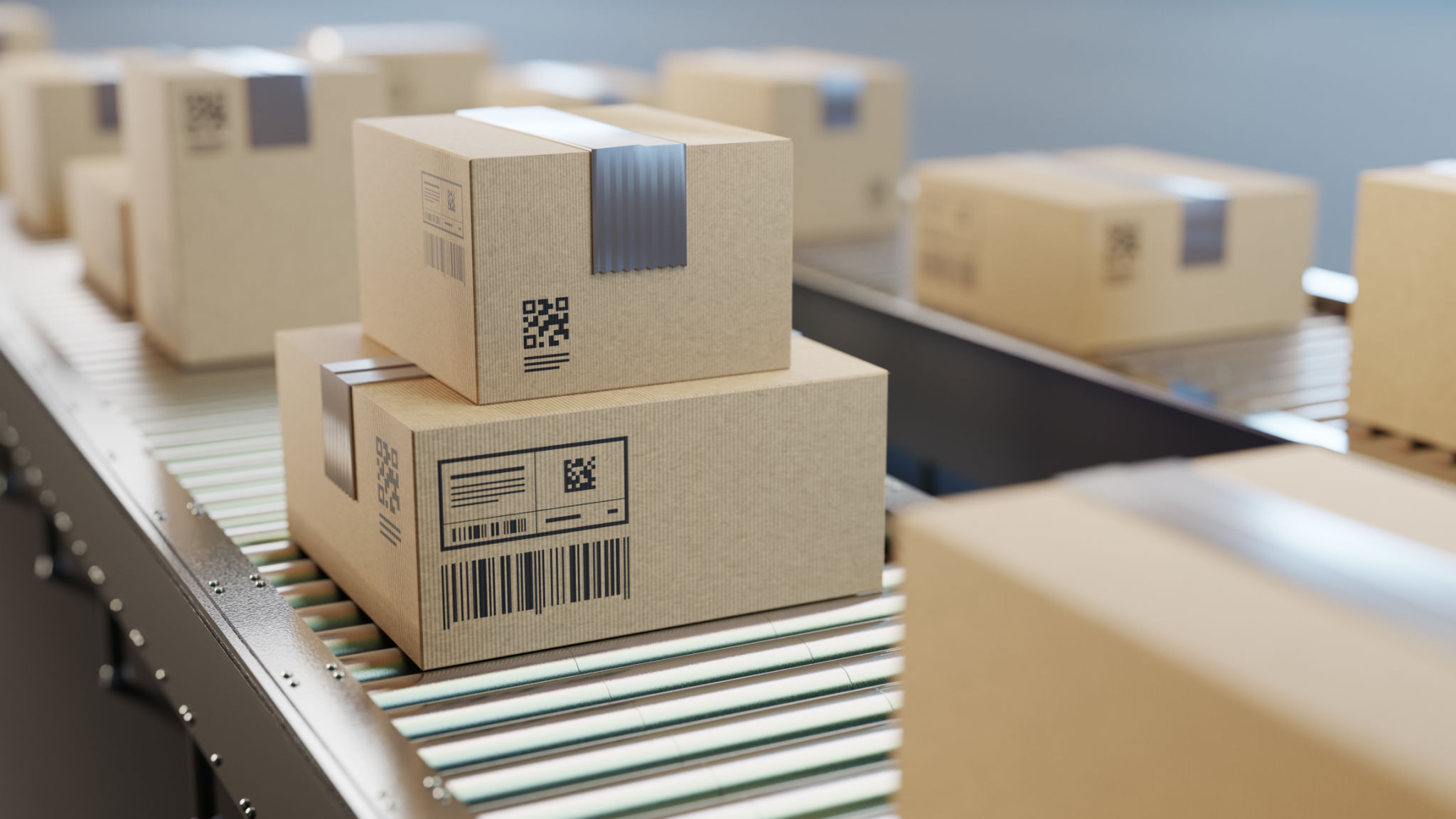Expert Tips for Effective Hazardous Waste Disposal During Rainy Seasons in Manila
Understanding the Challenges of Hazardous Waste Disposal in Rainy Seasons
The rainy season in Manila introduces numerous challenges, particularly when it comes to the safe disposal of hazardous waste. The increased volume of rainwater can lead to the overflow of waste storage facilities, potentially resulting in environmental contamination. Ensuring proper disposal during these times is critical to prevent any adverse health and environmental impacts.

Identifying Hazardous Waste
Before implementing any disposal strategies, it's essential to identify what qualifies as hazardous waste. This can include materials such as chemicals, batteries, medical waste, and electronic waste. Proper identification ensures that these materials are handled with the necessary precautions and disposed of in compliance with local regulations.
The Importance of Proper Labeling
Labeling is a crucial step in hazardous waste management. Proper labels should clearly indicate the type of waste, potential dangers, and handling instructions. This helps waste management professionals and responders take the necessary precautions during collection and disposal.

Implementing Effective Storage Solutions
Effective storage solutions are vital during the rainy season to prevent leaks and contamination. Businesses and households should invest in durable, weather-resistant containers that are clearly marked and sealed tightly. These containers should be stored on elevated platforms to minimize contact with floodwaters.
Regular Inspections and Maintenance
Conducting regular inspections of storage facilities is essential to ensure their integrity during heavy rains. Look for any signs of wear or damage that could compromise containment. Maintenance should include repairing or replacing any faulty equipment to avoid potential leaks.

Engaging Professional Waste Disposal Services
Given the complexities involved, it is advisable to engage professional waste disposal services during the rainy season. These services have the expertise and equipment necessary to manage hazardous waste effectively, ensuring that it is disposed of safely and in accordance with environmental regulations.
Training and Awareness Programs
Businesses should also invest in training programs for their staff to increase awareness of proper hazardous waste management practices. Training can help employees recognize potential hazards and implement effective measures to mitigate risks.
Community Involvement and Government Regulations
Community involvement plays a vital role in effective hazardous waste disposal. Public awareness campaigns can educate residents about the dangers of improper disposal and encourage more responsible practices. Additionally, adherence to government regulations is essential to ensure compliance and protect public health.

By understanding the challenges and implementing these expert tips, businesses and communities in Manila can effectively manage hazardous waste disposal during the rainy season. This commitment not only protects the environment but also safeguards public health from potential hazards.
